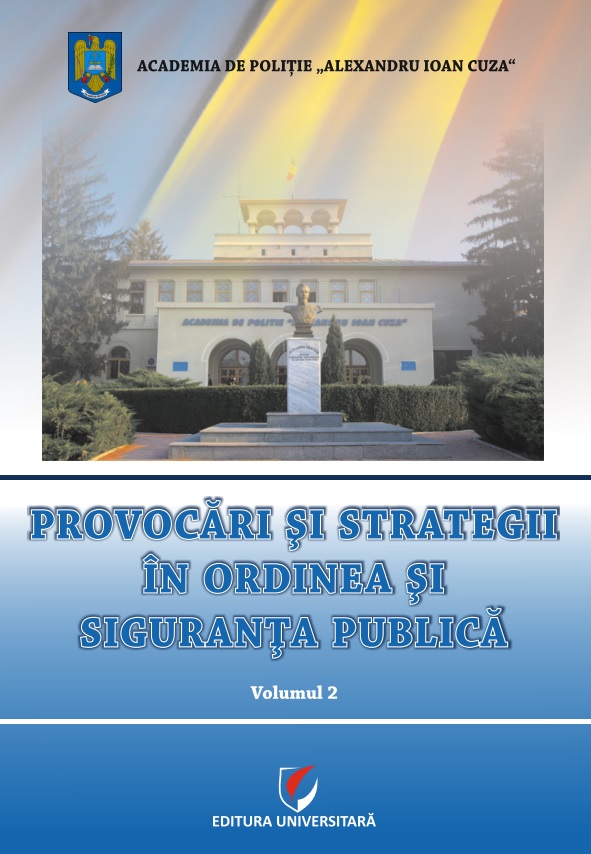
Raportul dintre corupție și calibrarea conștiinței-impactul asupra siguranței sitemului penitenciar
This article proposes an in-depth analysis of the complex relationship between corruption, consciousness calibration, and its impact on the safety of the penitentiary system. Corruption, as a social phenomenon, entails the abusive use of power for personal gain and the acquisition of illegal advantages. The degree of corruption can be influenced by the level of consciousness among personnel, determined by ethical, moral, and cognitive factors. By employing contemporary paradigms such as social systems theory and the ethics of behavior paradigm, the complex mechanisms through which corruption interacts with the development and calibration of individual and collective consciousness are explored.In this context, the importance of education, training, and monitoring processes for professional integrity within the penitentiary system is highlighted, with the aim of fostering calibrated, ethical, and responsible consciousness. Additionally, the influence of corruption on the level of consciousness among personnel is revealed through complex psychological mechanisms such as cognitive justification and distortion of moral norms.To counteract the phenomenon of corruption and ensure the systematic safety of penitentiaries, an interdisciplinary approach is necessary, integrating knowledge and perspectives from the fields of social psychology, sociology, and ethics. The implementation of policies and strategies aimed at developing a higher level of consciousness and promoting a favorable institutional climate for integrity becomes crucial in strengthening and consolidating the Romanian penitentiary system, as well as facilitating the rehabilitation and reintegration of inmates into society.
More...